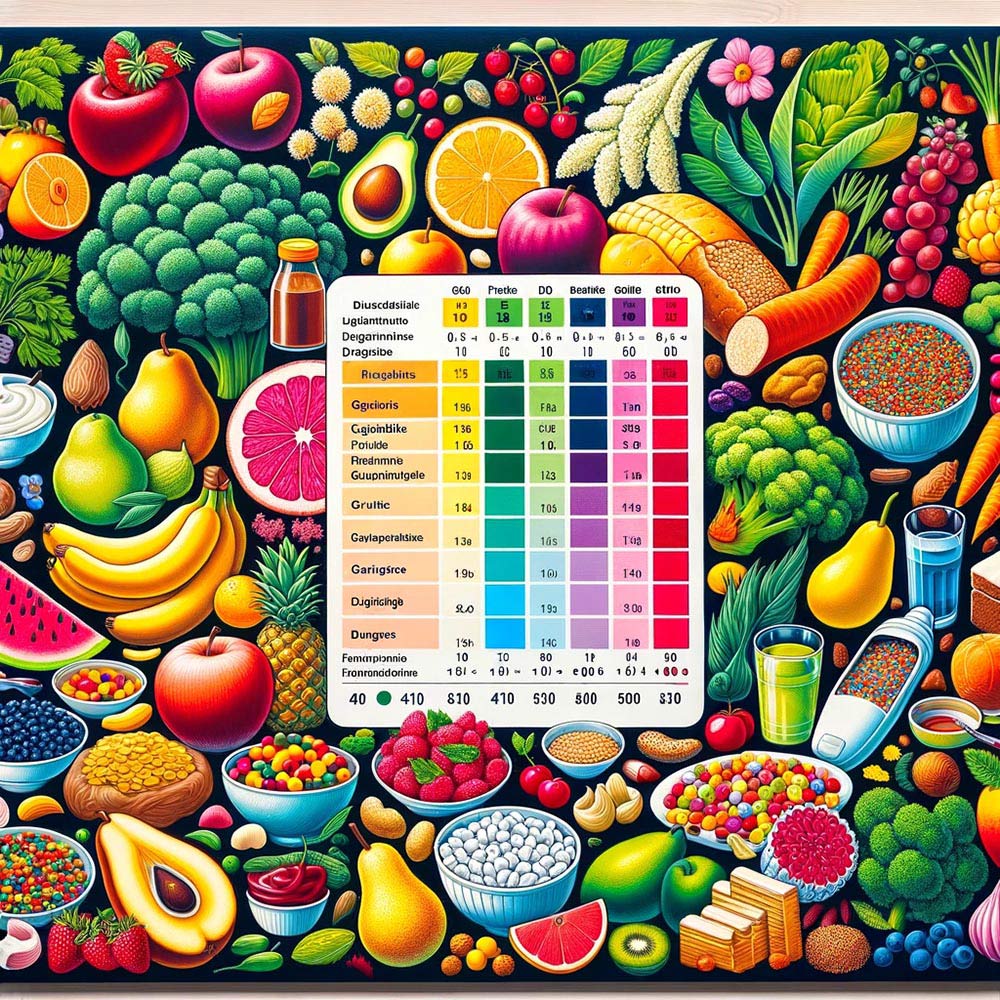
10 Ways to Improve Eating Behavior to Overcome Type 2 Diabetes
Living with Type 2 Diabetes can be challenging, but with the right eating habits, it’s possible to manage the condition effectively. Here are ten strategies to help improve your eating behavior and overcome the challenges of Type 2 Diabetes.
1. Understand the Glycemic Index
The Glycemic Index (GI) is a vital tool for diabetics. Foods with a low GI release glucose slowly, preventing blood sugar spikes. Incorporate more low-GI foods like whole grains, legumes, and most fruits and vegetables into your diet.

2. Portion Control
Overeating, even healthy foods, can lead to weight gain and increased blood sugar levels. Use measuring cups or a digital food scale to ensure proper portion sizes.
3. Eat Regular Meals
Skipping meals can lead to overeating and fluctuations in blood sugar levels. Aim for consistent meal times, and include a balance of carbohydrates, proteins, and fats in each meal.

4. Reduce Sugar Intake
Cutting back on sugar is essential. Opt for natural sweeteners like stevia, and be mindful of hidden sugars in sauces, dressings, and packaged foods.
5. Increase Fiber Intake
Fiber helps control blood sugar levels. Include a variety of fiber-rich foods like fruits, vegetables, whole grains, and nuts in your diet.
6. Choose Healthy Fats
Not all fats are bad. Focus on unsaturated fats found in avocados, nuts, seeds, and olive oil, which can help improve insulin sensitivity.
7. Stay Hydrated
Water is the best beverage for maintaining hydration without impacting blood sugar. Aim for at least 8 glasses of water per day.
8. Mindful Eating
Pay attention to your hunger and fullness cues. Eat slowly and without distractions to help recognize when you’re satisfied.

9. Plan Meals in Advance
Planning helps avoid impulsive eating and ensures balanced, nutritious meals are on hand when you’re hungry.
10. Keep a Food Diary
Recording what you eat can help identify patterns and areas for improvement in your diet.

Seeking Professional Help
While these tips can significantly improve your eating behavior and manage Type 2 Diabetes, sometimes professional help is needed. A therapist specializing in dietary management can provide personalized guidance and support. Additionally, accessing services at ABS (Applied Behavioral Sciences) can be a game-changer in your journey towards better health. ABS offers tailored programs and expert advice, helping you make sustainable lifestyle changes to effectively manage your diabetes.
In conclusion, while Type 2 Diabetes poses its challenges, adopting healthier eating behaviors can greatly improve your quality of life. Remember, you’re not alone on this journey. Professional guidance, like that offered at ABS, can provide the support and expertise you need to make lasting changes.
Learn More